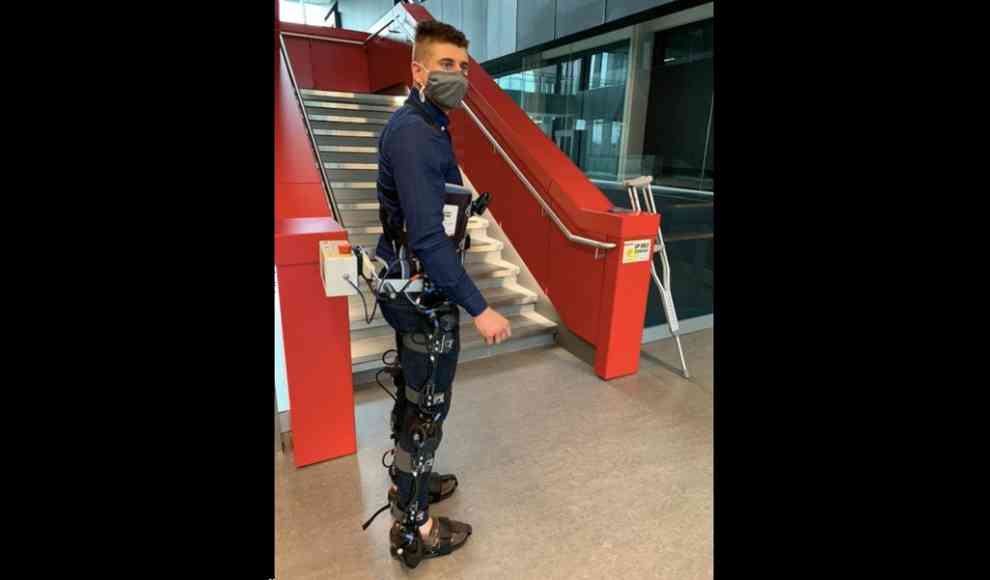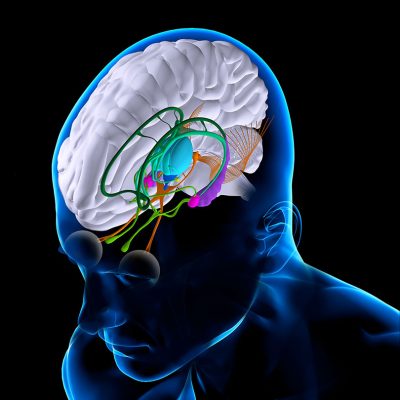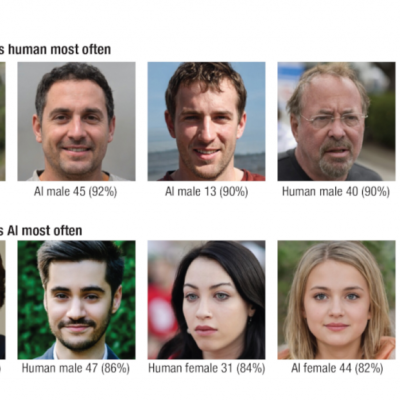A revolutionary new development in the field of prosthetics has been made by scientists at the University of Waterloo in Ontario, Canada. They have combined deep-learning systems with robotic prosthetics to create a new type of prosthetic that can be controlled by artificial intelligence (AI). This means that people with mobility issues, such as those with multiple sclerosis or spinal cord injuries, can benefit from increased mobility without the need for a brain-computer interface or implanted electrodes. The AI-controlled prosthetic is equipped with cameras and sensors that send data to computer-vision algorithms, which then control the movements of the exoskeleton.
The AI algorithms have been trained using hours of film footage showing different movements in various environments. The system has been designed to recognize movement situations and then execute the necessary actions autonomously. This means that the user of the prosthetic does not need to trigger actions such as walking, standing, sitting, or climbing stairs. The AI algorithms can recognize the necessary movements and execute them automatically. The system is still in the early stages of development, and the scientists are currently working to prevent errors that could occur if the prosthetic is not switched to the correct mode, such as when climbing stairs.
The development of this AI-controlled prosthetic is a significant breakthrough in the field of prosthetics. It has the potential to revolutionize the lives of people with mobility issues, giving them greater independence and freedom of movement. The scientists are currently working to improve the system’s environment recognition capabilities to ensure that it can operate safely and effectively in a range of different environments. Once this has been achieved, clinical trials will be conducted to test the prosthetic’s effectiveness in real-world situations.










